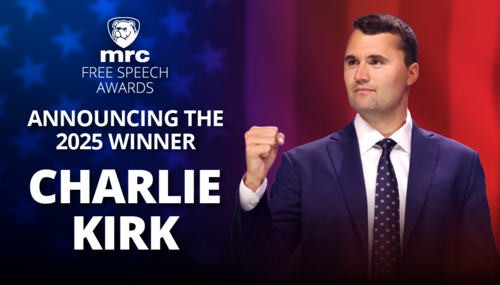The landmark Supreme Court ruling which found that schools cannot diversify their student bodies based on race alone gave NBC the launch pad they needed to talk about the conservative nature of the Supreme Court.
NBC’s coverage on Nightly News was remarkably stacked to the left. Reporter Pete Williams led his package with this sentence: “This decision vividly reveals how divided this current supreme court is on social issues.” In reporting the ruling Williams described the majority ruling as coming from “the five most conservative justices.” But he never quoted Chief Justice John Roberts’ opinion which included the statement, “The way to stop discrimination on the basis of race, is to stop discriminating on the basis of race.” He did, however, quote this statement from the minority opinion of Justice Stephen Breyer, “It's not often that so few have so quickly undone so -- changed so much.”
And he did it not only on Nightly News but again on the Today show.
Anchor Brian Williams fed Pete another attempt to bash the ruling by throwing a softball question to him after the story concluded:
Brian Williams: “You and I have spoken before about how relatively rare it is for the justice on a losing end of a case to read their opinion aloud from the bench. Today had even added emotion, I gamble. What was it like inside courtroom?”
Pete Williams: “Very high drama. One of the longest dissents from the bench that anyone can remember. Justice Breyer said this is a decision that both the court and the nation will come to regret. He said it threatens the promise of Brown versus Board of Education, the court's landmark ruling that desegregated the schools.”
And that’s how NBC ended is coverage of the story.
Interestingly, none of the networks mentioned the concurring opinion of Justice Clarence Thomas, the only black justice on the court. You’d think, on a matter involving race, they would have thought his opinion was important.
What did he say, you ask?
“[T]here is no reason to think that black students cannot learn as well when surrounded by members of their own race as when they are in an integrated environment. …
Most of the dissent’s criticisms of today’s result can be traced to its rejection of the color-blind Constitution. … The dissent attempts to marginalize the notion of a color-blind Constitution by consigning it to me and Members of today’s plurality. … But I am quite comfortable in the company I keep. My view of the Constitution is Justice Harlan’s view in Plessy: “Our Constitution is color-blind, and neither knows nor tolerates classes among citizens.”




